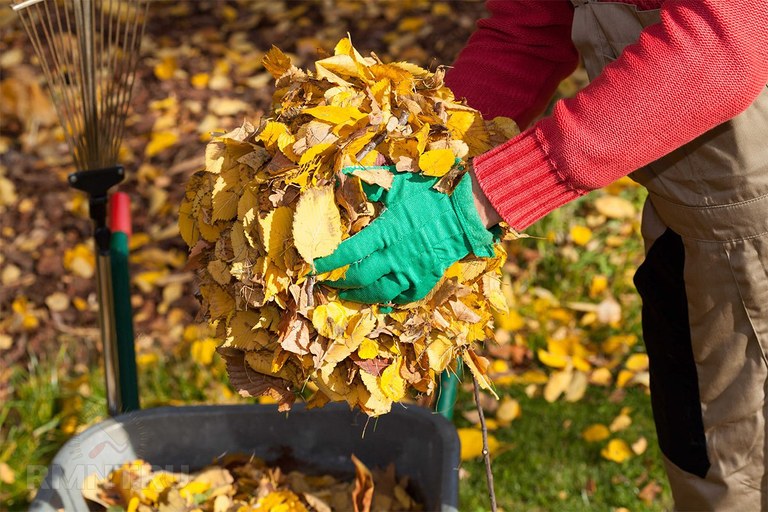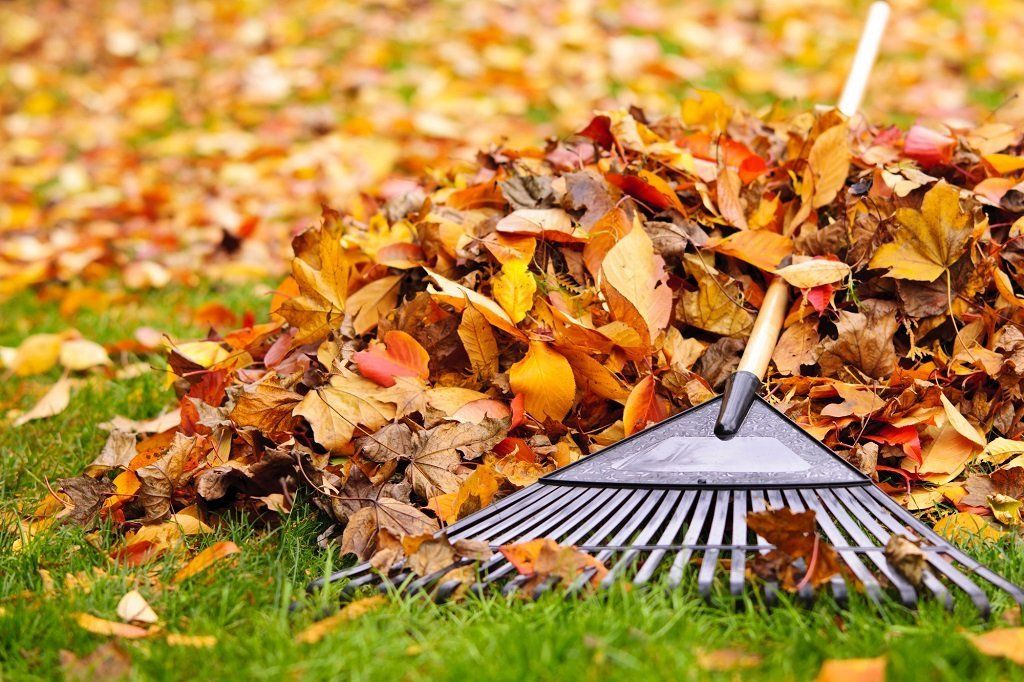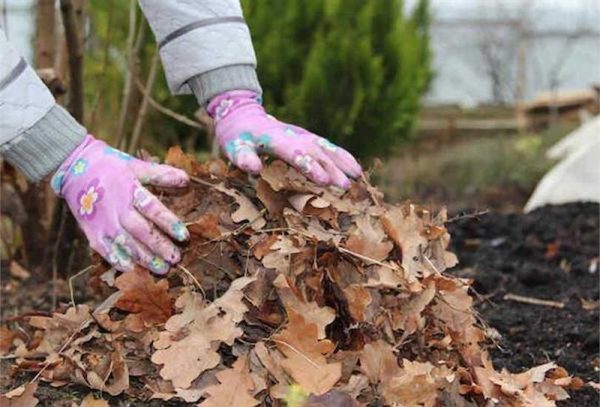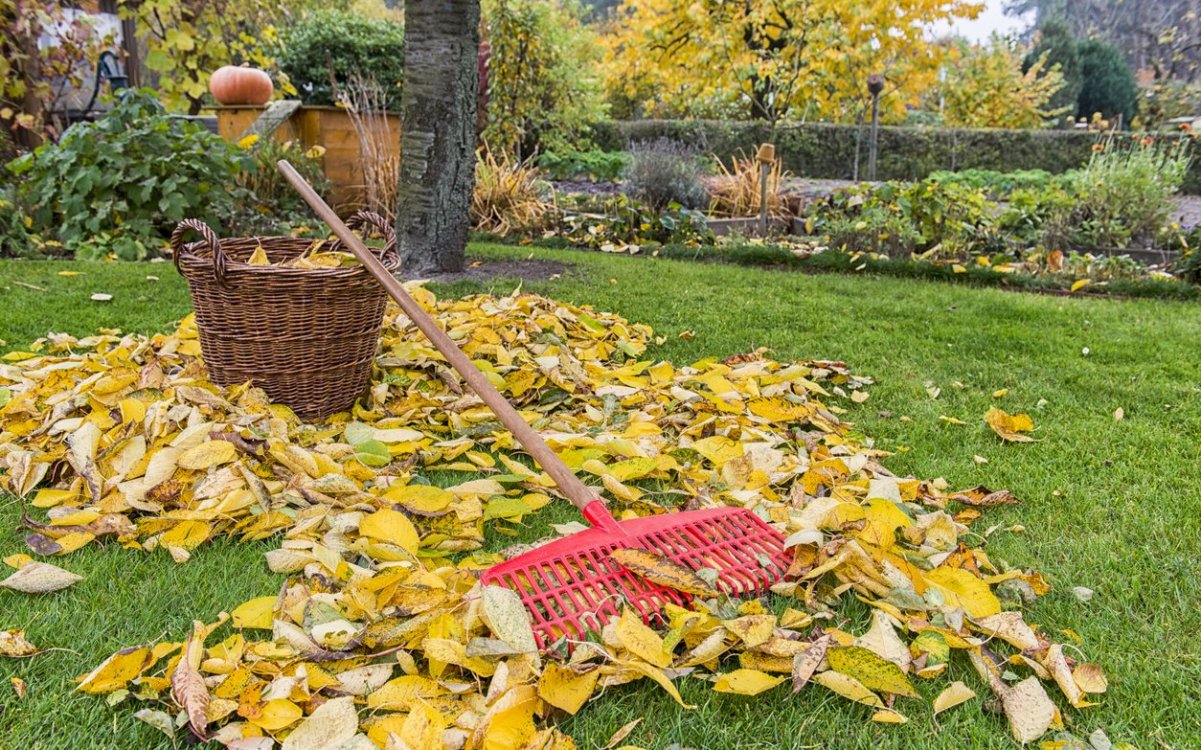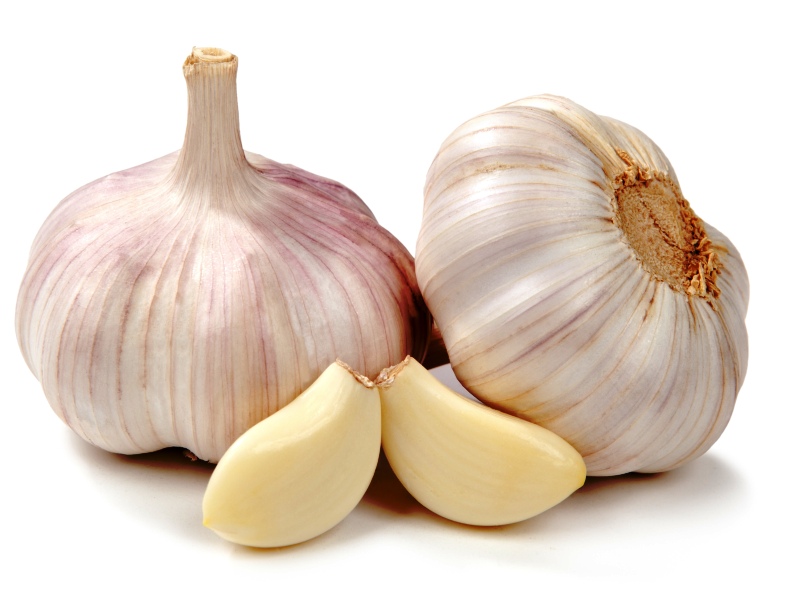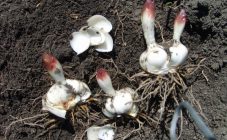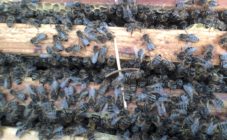For several years now, among gardeners and eco-activists, there has been a debate about whether it is necessary to remove fallen leaves in the fall. For a long time, the prevailing belief was that it was not necessary. However, in the last two to three years the situation has changed dramatically. The reason is the poor-quality experience of constant harvesting of autumn leaves in some countries.
Leaves do not need to be removed in the fall - this is the most widespread opinion in 2020. Here are the arguments in defense of this statement.
Insect death
The fallen leaf layer is a house for insects. Gardeners believe insects are harmful. In fact, insects are an integral part of the ecosystem of a garden, lawn or park. Without insects, the soil will become dead and its characteristics will resemble ground concrete. It will be difficult and expensive to regenerate soil after such damage with organic means.
Keeping warm
Leaves perform an important heat-saving function for plants that have to overwinter. First of all, for trees. Most of the winter this function is performed by snow, but the winter may not be snowy, and the snow does not fall immediately. Plant roots are vulnerable to the cold in late autumn and early spring, and a layer of matted caked leaves will help protect them during these periods.
Bird care
The absence of leaves will lead to the absence of birds, or at least to a reduction in their population in the area. Strange, but the line of reasoning connecting the two objects is quite logical. The absence of a layer of leaves leads to the death of insects, the death of insects entails the death of birds. Or the birds will fly away to other places, and the garden without birds will become empty and uncomfortable.
"Dead ground
The soil in rotting leaves loses an important influx of fertilizer. According to Moscow State University professor Anton Dubenin, “dead” land is worse than land with insects and worms. The second carries the risk of bacterial plant infections; the first one does not grow anything at all. As an example, the scientist cites Germany, where decades of the dominance of innate German pedantry and the desire for a neat urban environment led to the complete depletion of the soil and the death of thousands of urban trees.
Disappearance of worms
The absence of soil leads to the absence of earthworms, which perform the most important function of enriching the soil with oxygen. Without oxygen, the land is suitable for growing plants to the same extent as the soil in the vicinity of the city of Karabash.
Thus, the quality of the soil is directly related to the preservation of fallen foliage for the winter. In the absence of this important component for the ecosystem of the city or garden, the soil risks losing its fertile capabilities.
